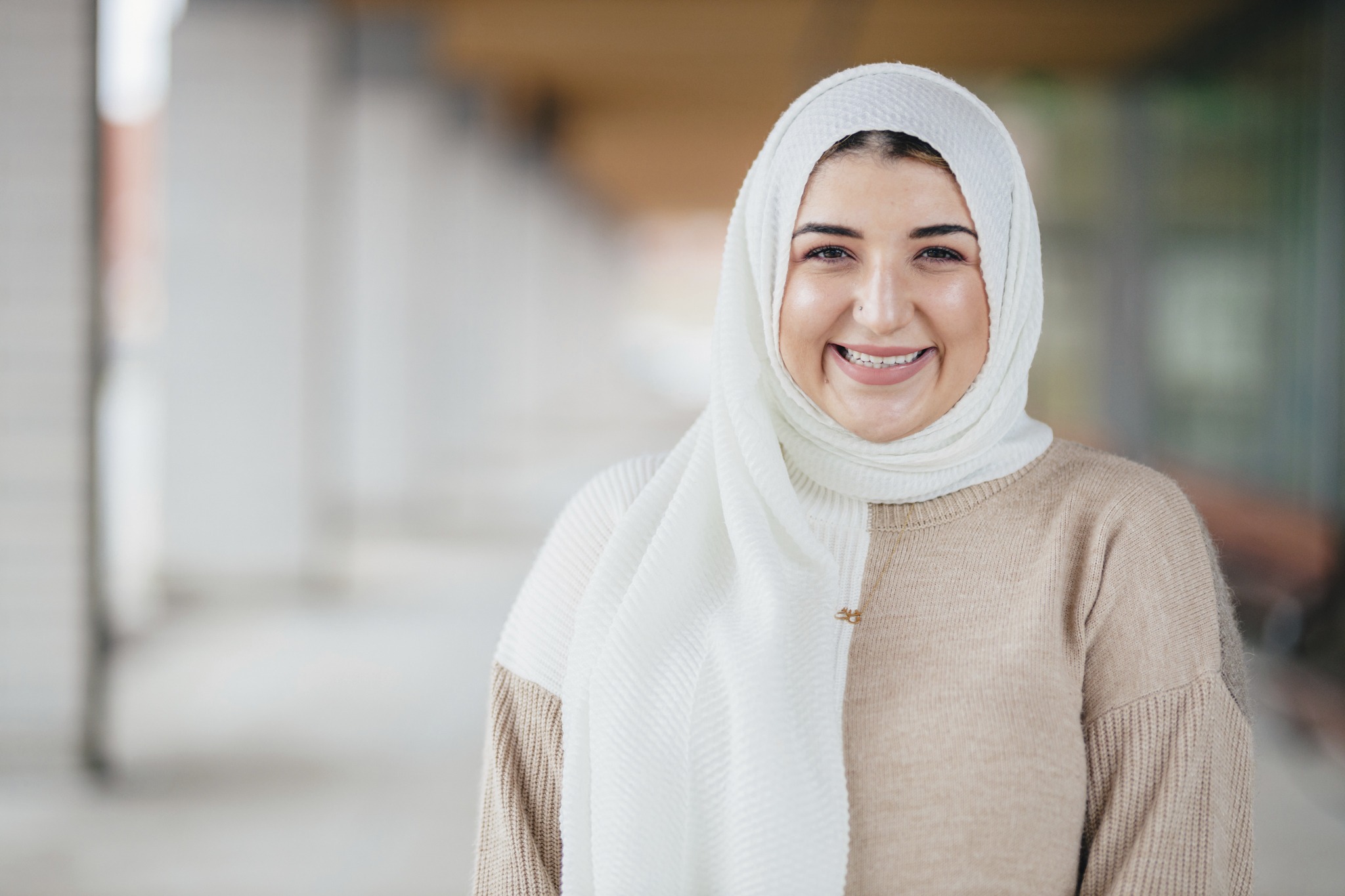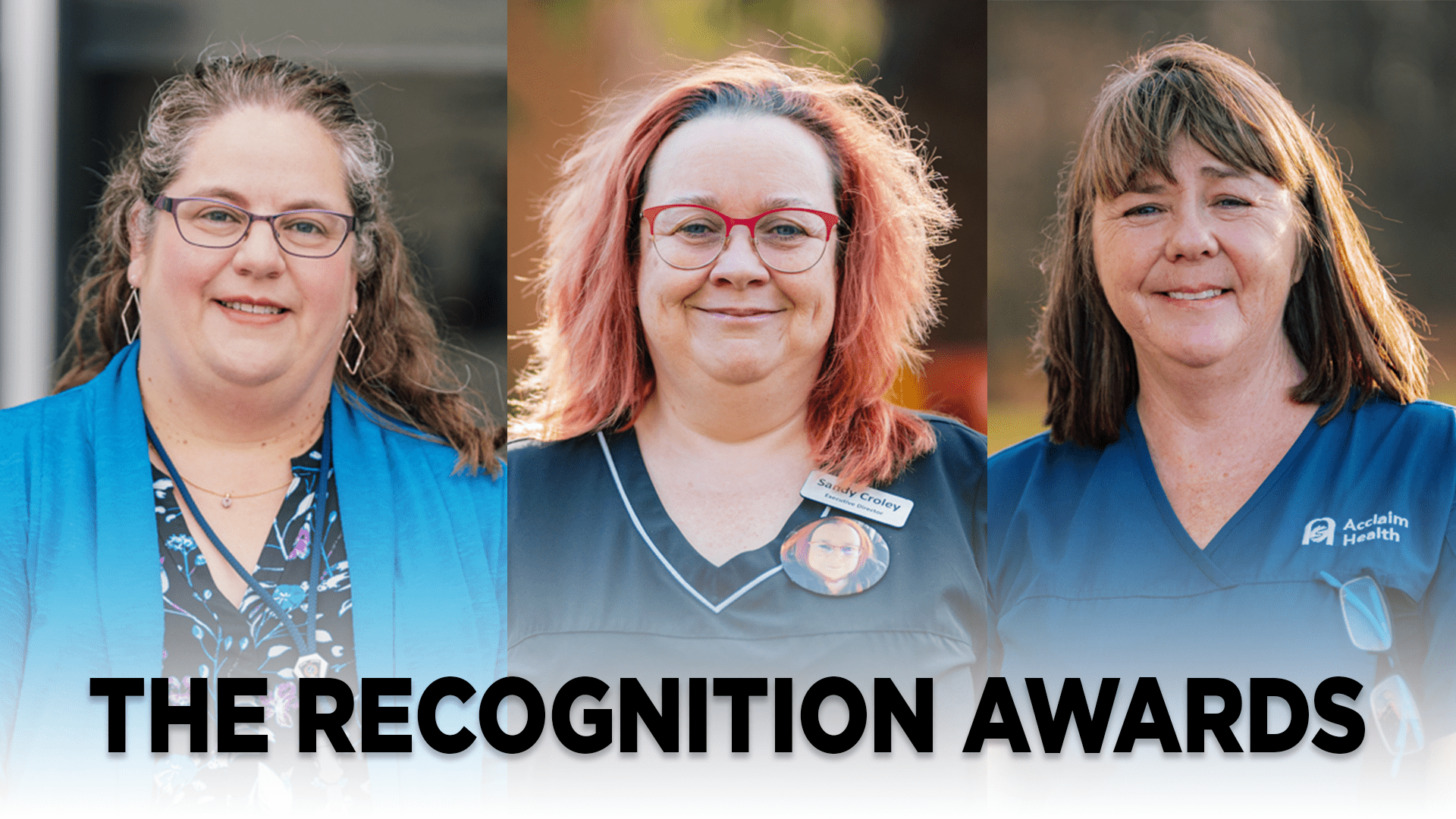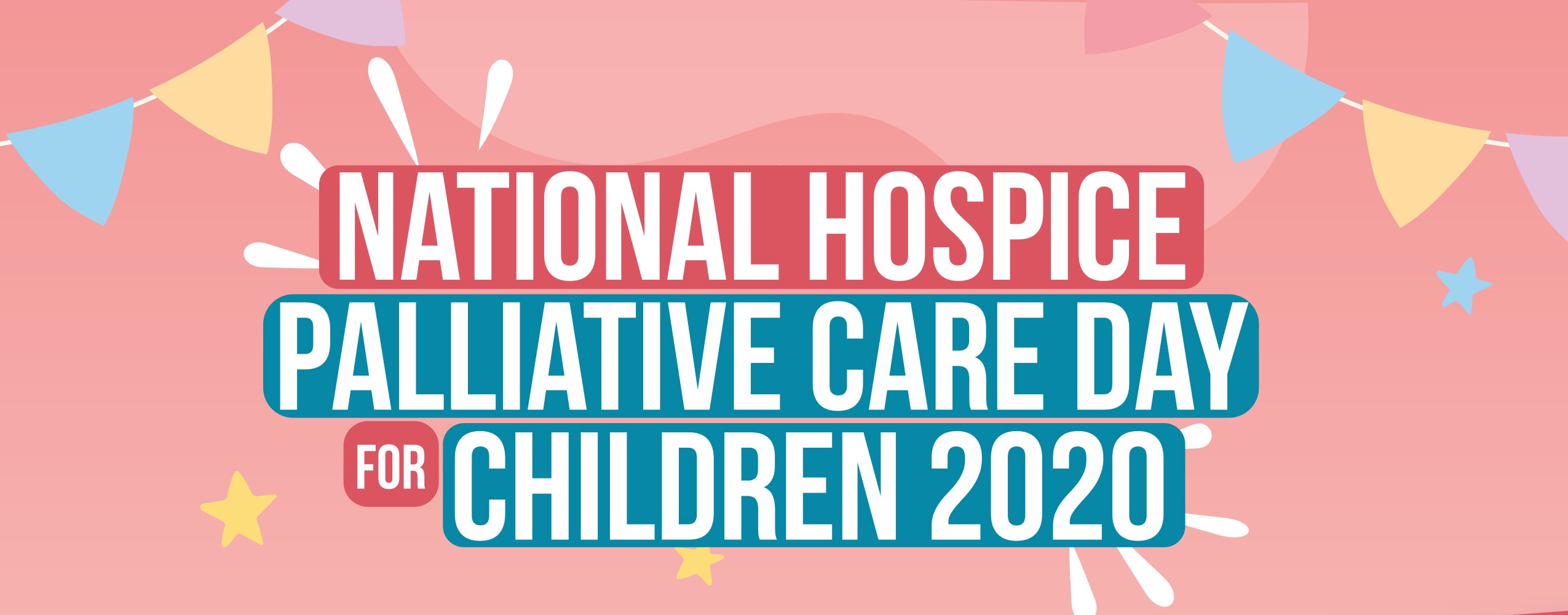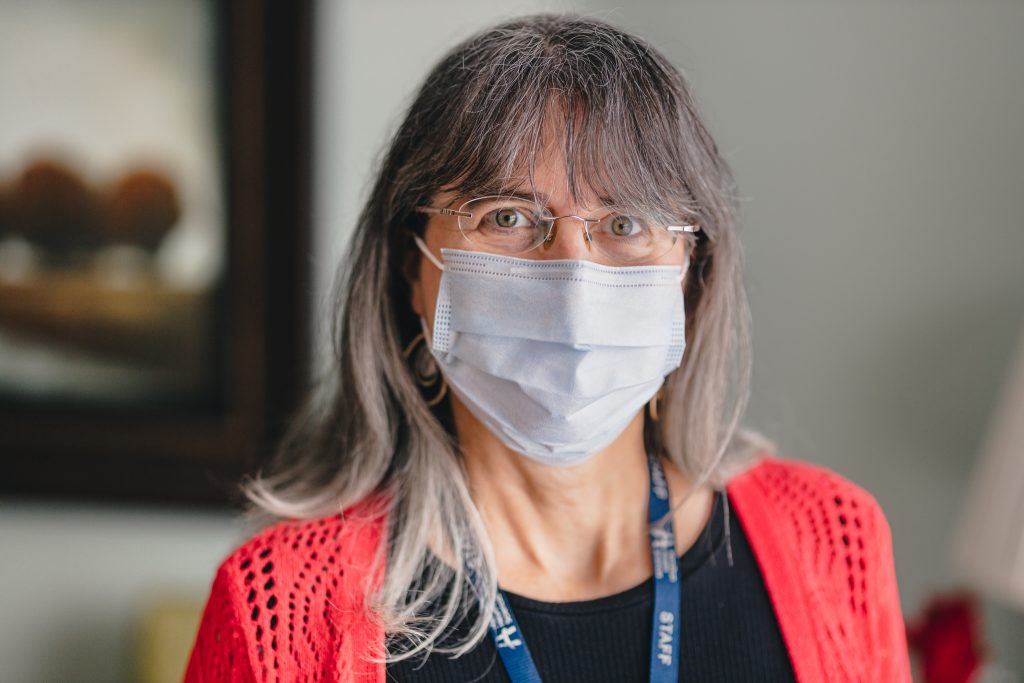
All in the Family at HHS
Lisa Petsche had been a social worker at Hamilton Health Sciences’ (HHS) St. Peter’s Hospital (SPH) for more than 30 years before retiring in December 2020. “What drew me to social work was the opportunity to support and advocate for the most vulnerable individuals and groups in our society,” says Petsche, who spent most of her career in SPH’s Palliative Care program.
Following in mom’s footsteps
As she settles into her retirement, daughters Sarah and Alex Wardrope are carrying on the so-called ‘family tradition’ of working at HHS. Alex is following in her mom’s footsteps as a social worker, having just completed her first year at HHS in the emergency department at Hamilton General Hospital. And Sarah is a project manager with the CEO’s office.
“She was at SPH for such a long time,” says Alex. “We really grew up with her stories about work interactions – I can only imagine how much she touched the families and patients that she worked with. She’s such a compassionate person.”
A career in rehab and palliative care
Petsche joined SPH immediately following her graduation from McMaster University School of Social Work in 1990. SPH was a stand-alone chronic care hospital at the time and Petsche had completed a field placement at the hospital during her studies. Upon joining the hospital, Petsche worked in Rehabilitation for a few years then in the Medically Complex and Behavioural Health units, eventually moving to Palliative Care in 2005.
Working so closely with SPH patients and their families for three decades has left quite the mark on Petsche. “I have so many memorable events from over the years, but one of them that stands out is facilitating the long-distance reunion of a palliative patient with her estranged son shortly before she passed,” explains Petsche. “We didn’t know she was going to die as soon as she did, so it happened just in time without the benefit of foresight.”
Earning patients’ trust
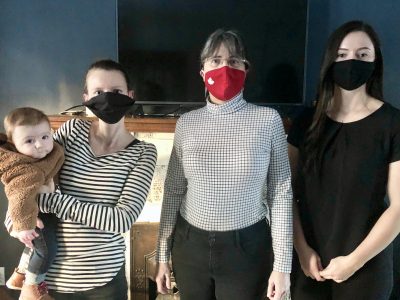
Lisa Petsche (centre) at home with her daughters Sarah Wardrope (left, with son), and Alex Wardrope (right).
Carol McKenna is the clinical manager of the Centre for Healthy Aging. McKenna and Petsche worked together for several years before McKenna moved into her latest role. She remembers how Petsche went out of her way to earn the trust of patients and their families.
“Lisa is so reliable and steadfast, very calm in her nature,” says McKenna. “There can be upsetting situations in social work, especially in palliative care. Lisa spent a lot of time getting to know the whole backstory, learning the issues that might be a concern for patients and families.”
Regardless of where you work at HHS, the same objectives tie us all together
Petsche’s daughter Sarah, agrees. “I think she was born to do the work she did. It takes a certain type of person to sit at a patient’s bedside and be there for them towards the end of their lives.”
Sarah is in her fifth year as staff at HHS and is currently on maternity leave with her first child. Sarah says her mom’s dedication to her patients acts as a reminder that regardless of where you work at HHS, the same objectives tie us all together.
“With my work being on the administrative side of HHS, my mom’s experience as a frontline worker reminds me that at the end of the day, the people who we serve – they are why we do what we do.”
A time for reflection
The decision to leave her work family and retire from HHS didn’t come easily for Petsche. “But what makes the retirement a bit easier, though, is knowing my daughters are carrying the torch,” she says.
While she leaves behind her career at SPH, Petsche is welcoming the extra time she’ll have to work on her freelance writing. She specializes in elder care, writing primarily for newspapers and magazines in the United States.
“She has an incredible writing talent,” says McKenna. “She always contributed throughout her career to writing for newsletters and different types of communication, trying to convey unique stories about families.”
Petsche says the transition to retirement will involve reflecting on what she’ll miss most about working at HHS: the SPH Palliative Care team.
“They’re such a dedicated and caring bunch of people, doing work that regularly pulls on your heartstrings and takes a lot out of you, mentally, emotionally and spiritually. COVID has made that work even harder – especially supporting patients and families who can’t be together the way they’d like,” she says.
Radical acceptance in retirement
Like everything else during COVID, retirement is so far nothing like Petsche anticipated, in terms of her activities: no trips to visit family in Florida, or volunteering, or recreation centre classes, or babysitting her little grandson, and limited contact with her father, who is in long-term care.
“I’m doing my best to practice radical acceptance during this challenging time of COVID. I’m all about cultivating hope and resilience, wherever I go and whatever is happening.”

